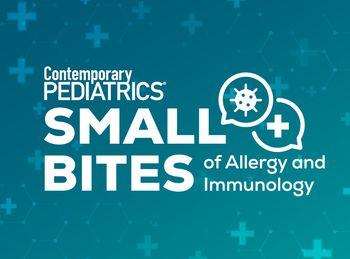
Good news, bad news about newborn screening
The good news is that nearly two thirds of babies born in the US this year will be screened for more than 20 life-threatening disorders, according to the recently published March of Dimes Newborn Screening Report Card. This is nearly twice the rates achieved in 2005, and reason for celebration.
The bad news? The remaining one third of newborns are at risk of death, brain damage, and other severe complications of disorders that are not identified in time to be treated effectively.
The March of Dimes and the American Academy of Pediatrics endorse the recommendation of the American College of Medical Genetics that calls for universal screening for 29 "core" metabolic and hearing disorders. But newborn screening mandates vary greatly from state to state; only five (Iowa, Maryland, Mississippi, New Jersey, Virginia) and the District of Columbia have comprehensive requirements for screening for all 29 conditions. Thirty-one states, covering more than 64% of newborns, screen for more than 20 core conditions. The remainder require screening for only 10 or fewer conditions.
Dr. Howse advises expectant parents who live in a state where newborn screening is limited to purchase a screening test kit from a private laboratory and bring it to the hospital on the day their baby is born. Private testing may cost $25 to $100, depending on the laboratory, and may be covered by insurance. Parents (and their pediatrician) can learn which tests are required in their state at
Newsletter
Access practical, evidence-based guidance to support better care for our youngest patients. Join our email list for the latest clinical updates.





